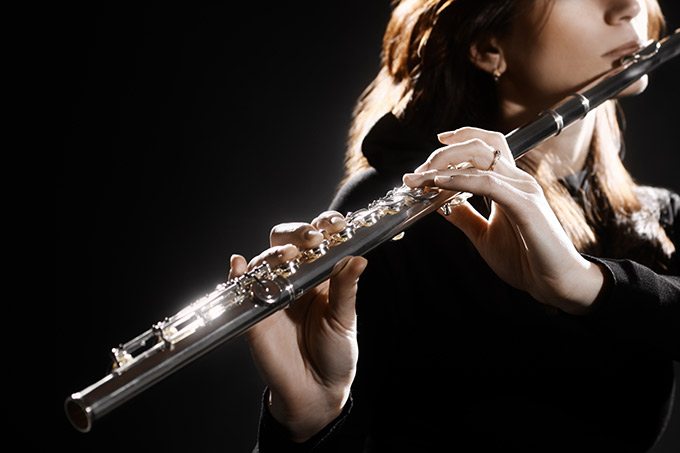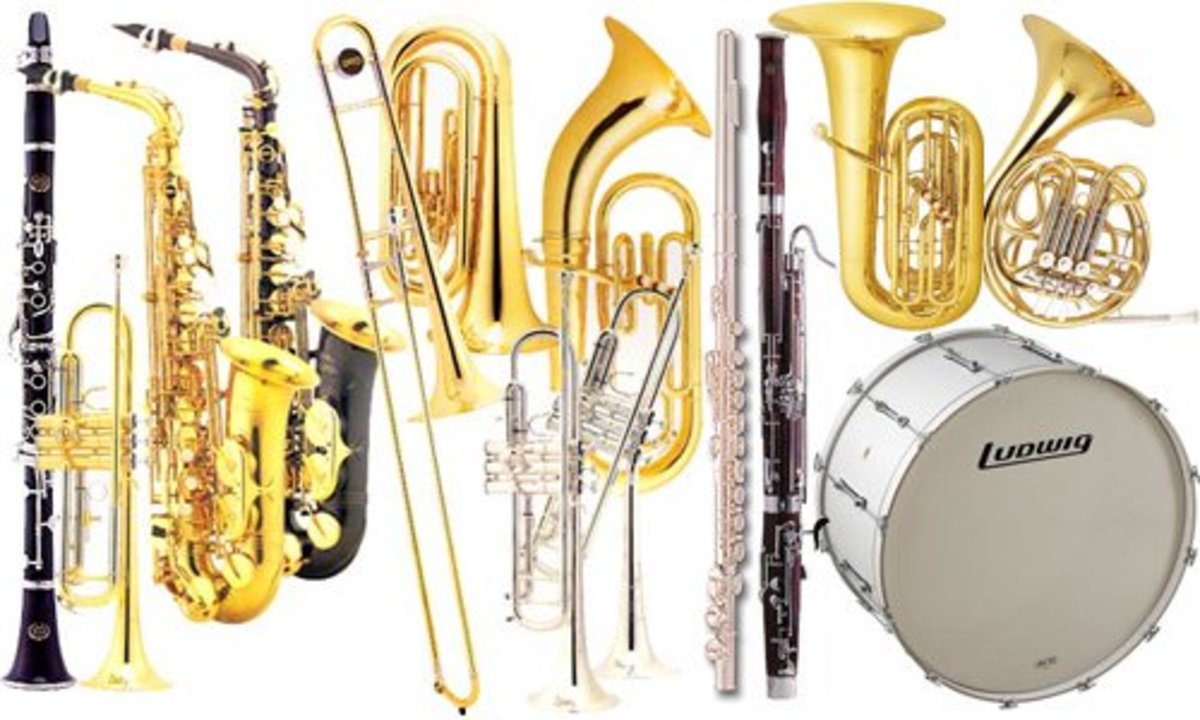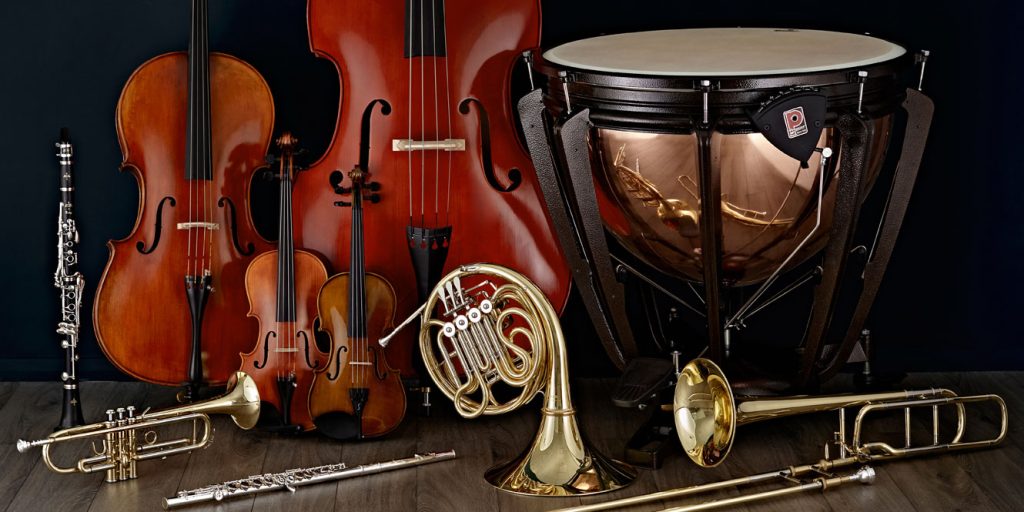Blog
“Top 10 Musical Instruments for Beginners”
Starting to learn an instrument can be an exciting journey, whether you’re pursuing music as a hobby or a potential career. However, choosing the right instrument to begin with is crucial to keep you motivated and engaged as you develop your musical skills. Some instruments are more beginner-friendly than others, offering ease of learning while still providing room for growth as you advance. If you’re considering picking up a musical instrument, here are the top 10 instruments for beginners.
1. Piano
Why It’s Great for Beginners:
The piano is often considered one of the best instruments for beginners because of its visual layout. The keys are arranged in a straightforward manner, and learning to read music can be simpler due to the linear structure of the notes. The piano also provides a solid foundation for learning music theory, as many concepts like scales and chords are easily visualized on the keyboard.
Beginner-Friendly Features:
- Clear Note Layout: Each key corresponds to a specific note, making it easier to learn and memorize.
- Versatility: Suitable for almost all styles of music, from classical to contemporary.
- Immediate Results: With relatively simple melodies, beginners can quickly play recognizable songs.
2. Guitar
Why It’s Great for Beginners:
The guitar is one of the most popular instruments, and it’s relatively easy to get started with basic chords and strumming patterns. Acoustic guitars, in particular, are simple to use without the need for additional equipment like amplifiers. As you progress, you can learn more complex techniques such as fingerpicking and advanced chords.
Beginner-Friendly Features:
- Affordable: Entry-level guitars are reasonably priced, and many stores offer beginner packages that include accessories.
- Portable: Guitars are easy to transport, making them ideal for playing anywhere.
- Wide Range of Music: Perfect for many music genres like rock, folk, blues, and pop.
3. Ukulele
Why It’s Great for Beginners:
The ukulele is a smaller, four-stringed instrument that is easier to learn than the guitar. With fewer strings and a more relaxed neck, it’s perfect for beginners, especially for younger players or those with smaller hands. The chords on the ukulele are simpler to master, and it offers a cheerful, bright sound that makes learning fun.

Beginner-Friendly Features:
- Lightweight: Small and lightweight, making it easy to hold and play.
- Simple Chords: Many songs can be played with just a few basic chords, making it easy to start making music quickly.
- Cost-Effective: Ukuleles are often cheaper than guitars, making them a great option for those on a budget.
4. Keyboard
Why It’s Great for Beginners:
A keyboard (electronic piano) is a great way to start learning the piano with fewer upfront costs. Keyboards often have built-in features that allow you to experiment with different sounds, rhythms, and even play along with pre-programmed accompaniment tracks. They are also portable, unlike traditional pianos.
Beginner-Friendly Features:
- Affordable: Keyboards can be found at lower price points than full-sized pianos.
- Multifunctional: With different sound options and built-in lessons, keyboards can keep beginners engaged.
- Compact: Easy to store and transport compared to traditional pianos.
5. Drums (Drum Kit or Percussion)
Why It’s Great for Beginners:
Drums are a fantastic way to learn rhythm and timing, which are foundational skills for all musicians. While traditional drum kits may take up space and require coordination, starting with a basic drum pad or electronic drum set is a great way for beginners to learn at home without disturbing others. Percussion instruments like tambourines and bongos are also beginner-friendly options.
Beginner-Friendly Features:
- Builds Rhythm Skills: Helps improve your sense of timing and rhythm, crucial for all musical instruments.
- Low Learning Curve: Basic rhythms and beats are easy to pick up.
- Physical Engagement: Drumming is an active, high-energy instrument that can be very satisfying to learn.
6. Violin
Why It’s Great for Beginners:
The violin is one of the most versatile and beautiful string instruments. Although it can be challenging at first, beginners can start learning basic scales and easy songs early on. Violinists also learn a lot about music theory, as the violin is played by ear and requires attention to pitch and tone.
Beginner-Friendly Features:
- Variety of Music: Suitable for classical, folk, and contemporary music.
- Portable: Violin is small and easy to carry around.
- Foundation for Other String Instruments: Learning violin gives you a good understanding of string instruments that can be applied to others, like viola and cello.
7. Recorder
Why It’s Great for Beginners:
The recorder is one of the easiest wind instruments to learn, often used in elementary schools to teach young children about music. It’s affordable, simple to play, and has a relatively soft sound. The recorder also helps develop good breath control and finger placement.
Beginner-Friendly Features:
- Simple Mechanics: Easy to produce sound with minimal effort.
- Low-Cost: Recorders are inexpensive, making them a good choice for beginner musicians on a budget.
- Great for Children: Perfect for introducing young children to musical instruments and helping them build musical skills.
8. Harmonica
Why It’s Great for Beginners:
The harmonica is a small, portable instrument that can produce beautiful music with minimal effort. It’s widely used in blues, folk, and rock music and is often seen as a fun instrument to play casually. While it can take time to master more complex techniques, beginners can start by playing simple melodies and songs.
Beginner-Friendly Features:
- Small and Portable: Easy to carry and practice anywhere.
- Inexpensive: Harmonicas are affordable, making them accessible for beginners.
- Quick Results: You can start playing simple songs almost immediately.
9. Cello
Why It’s Great for Beginners:
The cello is another beautiful string instrument, and while it might seem large and intimidating, beginners can start with basic exercises and scales. It’s a wonderful instrument for developing ear training, and its rich sound can be used in a variety of musical genres, from classical to modern.
Beginner-Friendly Features:
- Great for Ear Training: Helps develop listening and pitch recognition skills.
- Large But Beautiful Sound: The cello’s deep, rich tone makes learning rewarding.
- Supportive Community: The classical music community offers lots of resources for beginners.
10. Trombone
Why It’s Great for Beginners:
The trombone is a brass instrument that is relatively beginner-friendly compared to others in the same family, like the trumpet. With its unique slide system, beginners can learn different pitches and notes by adjusting the slide positions. Though it may take time to master embouchure and tone control, beginners can still enjoy playing basic tunes.

Beginner-Friendly Features:
- Unique Sound: The trombone offers a rich, powerful sound that is very rewarding to learn.
- Physical Engagement: Playing the trombone requires good breath control and physical movement, which can be fun to learn.
- Essential for Ensembles: The trombone is often used in orchestras and brass bands, offering ample opportunities for performance.
Conclusion
Starting with the right instrument can make all the difference in your musical journey. While each instrument presents its own set of challenges, beginners can find success with any of these instruments. Whether you’re interested in learning rhythm with drums, exploring the beautiful melodies of string instruments, or mastering the versatile piano, the key is to choose an instrument that excites and motivates you. No matter which instrument you pick, with patience and practice, you’ll be making music in no time.


